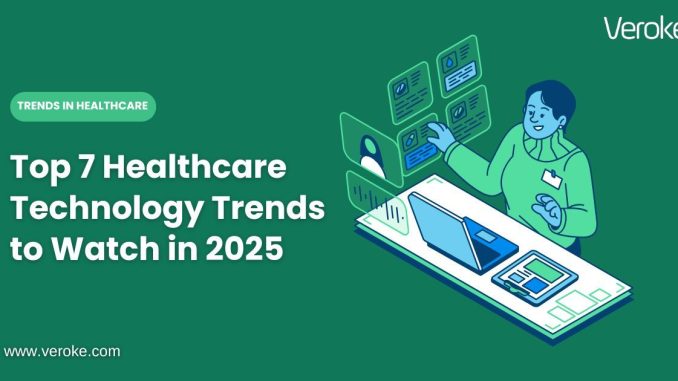
In today’s rapidly advancing technological age, the healthcare industry is constantly evolving to meet the changing needs of patients and providers. From artificial intelligence to telemedicine, there are several key trends shaping the future of healthcare that are worth keeping an eye on. In this article, we will explore some of the most exciting developments in the field and how they are poised to revolutionize the way we deliver and receive healthcare services.
Artificial Intelligence in Healthcare
One of the most transformative technologies in healthcare today is artificial intelligence (AI). AI has the potential to revolutionize the way healthcare providers diagnose and treat patients, streamline administrative tasks, and improve patient outcomes. From predictive analytics to personalized medicine, AI is already making a significant impact in the healthcare industry and is poised to play an even bigger role in the future.
Telemedicine and Remote Patient Monitoring
Telemedicine and remote patient monitoring are rapidly gaining popularity as more patients seek convenient and cost-effective ways to access healthcare services. Through virtual consultations and remote monitoring devices, patients can receive medical care without needing to visit a doctor’s office. This trend is especially important in rural areas where access to healthcare services may be limited. As telemedicine technology continues to improve, we can expect to see even greater adoption of these services in the future.
Wearable Technology and Health Apps
Wearable technology, such as smartwatches and fitness trackers, are becoming increasingly sophisticated and are now capable of tracking a wide range of health metrics, from heart rate to sleep patterns. Health apps are also gaining popularity as people increasingly turn to their smartphones for health information and advice. These technologies have the potential to empower individuals to take control of their health and wellness like never before, and will likely continue to play a significant role in shaping the future of healthcare.
Genomics and Personalized Medicine
Advances in genomics have opened up new possibilities for personalized medicine, where treatments are tailored to an individual’s genetic makeup. By analyzing a patient’s DNA, healthcare providers can better predict how they will respond to certain medications and treatments, leading to more effective and personalized care. As genomics technology continues to improve and become more affordable, we can expect to see personalized medicine become more widespread in the future.
Data Security and Privacy Concerns
As more healthcare data is digitized and stored online, concerns about data security and patient privacy are becoming increasingly important. Healthcare providers must be vigilant about protecting patient information from cyber-attacks and data breaches, which can have serious consequences for patients and healthcare organizations alike. As the healthcare industry continues to digitize, ensuring the security and privacy of patient data will be paramount to maintaining trust and confidence in the healthcare system.
The Role of Big Data and Analytics
Big data and analytics have the potential to revolutionize the way healthcare providers deliver care and make treatment decisions. By analyzing large datasets, healthcare providers can identify patterns and trends that can help improve patient outcomes and reduce costs. From predicting disease outbreaks to identifying high-risk patients, big data and analytics are already making a significant impact in healthcare and will continue to play a crucial role in shaping the future of the industry.
Conclusion
The future of healthcare is filled with exciting possibilities, from AI-powered diagnostics to personalized medicine and telemedicine services. By staying informed about these key trends and developments, healthcare providers and patients can better prepare for the changes that lie ahead. As technology continues to advance, the healthcare industry will undoubtedly undergo significant transformations, leading to better outcomes for patients and more efficient healthcare delivery systems.
